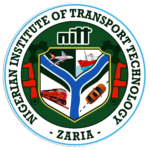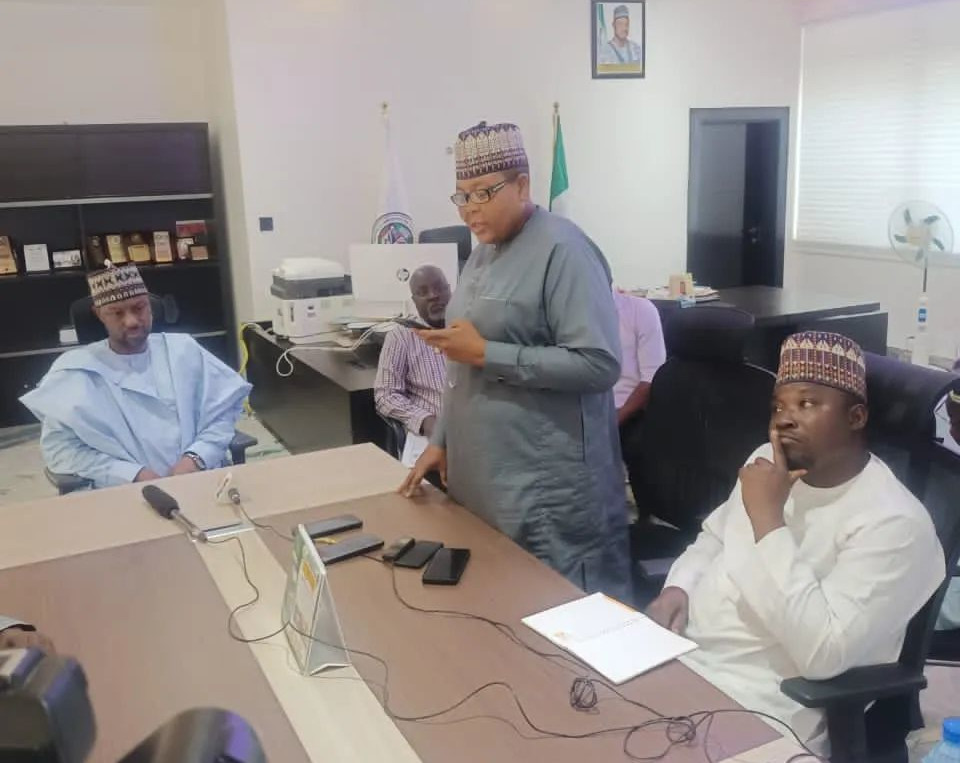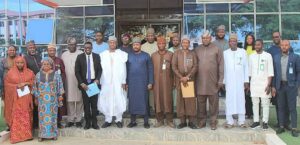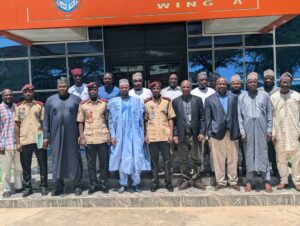Coming on the heels of the 1-Day Stakeholders Engagement Forum on the Provision of Technical Manpower and Facility for the Development and Promotion of Auto-gas as Transportation Fuel in Nigeria, recently organised by the Nigerian Institute of Transport Technology (NITT), Zaria, its Director General/Chief Executive, Dr. Bayero Salih Farah, has said that the Institute fully supports federal government’s removal of subsidy on petrol.
He stated this recently in the Institute at a media briefing organised for journalists drawn from the Nigerian Union of Journalists (NUJ), Zaria Chapter.
Dr. Farah said the removal of subsidy on petrol has necessitated the need for embracing alternative means of energy that is cost-effective, cost-efficient and clean for transportation in Nigeria.
According to him: ‘’what is at our door-step now is the auto-gas project. For the past one year, NITT has been working with partners on how to convert vehicles in Nigeria from use of PMS (fossil fuel) to use of clean energy, and we are particular about the use of gas to power our vehicles.”
“We have sensitised the country and vehicle owners at different fora on why Nigerians should move from petrol to auto-gas because it is cheap, and more convenient. There is a silver lining in the removal of subsidy on petrol’’, he added.
Speaking on plans towards making the auto-gas project a reality in the country, the NITT helmsman said that the institute was working with various partners and manufacturers of the kits needed to kick-start the project.
His words: ‘’For now, the conversion kits will be imported into the country. We are not producing these kits. We are working in partnership with some reputable partners and manufacturers that we have identified. They will bring in the kits; we will negotiate with them; take possession of the kits for use in our various workshops across the country.
Nigerians will be able to save a lot of money by converting their vehicles from use of fossil fuel to auto-gas. This will ensure our environment is clean, and the issue of pollution will reduce significantly, and transportation cost, too.”





